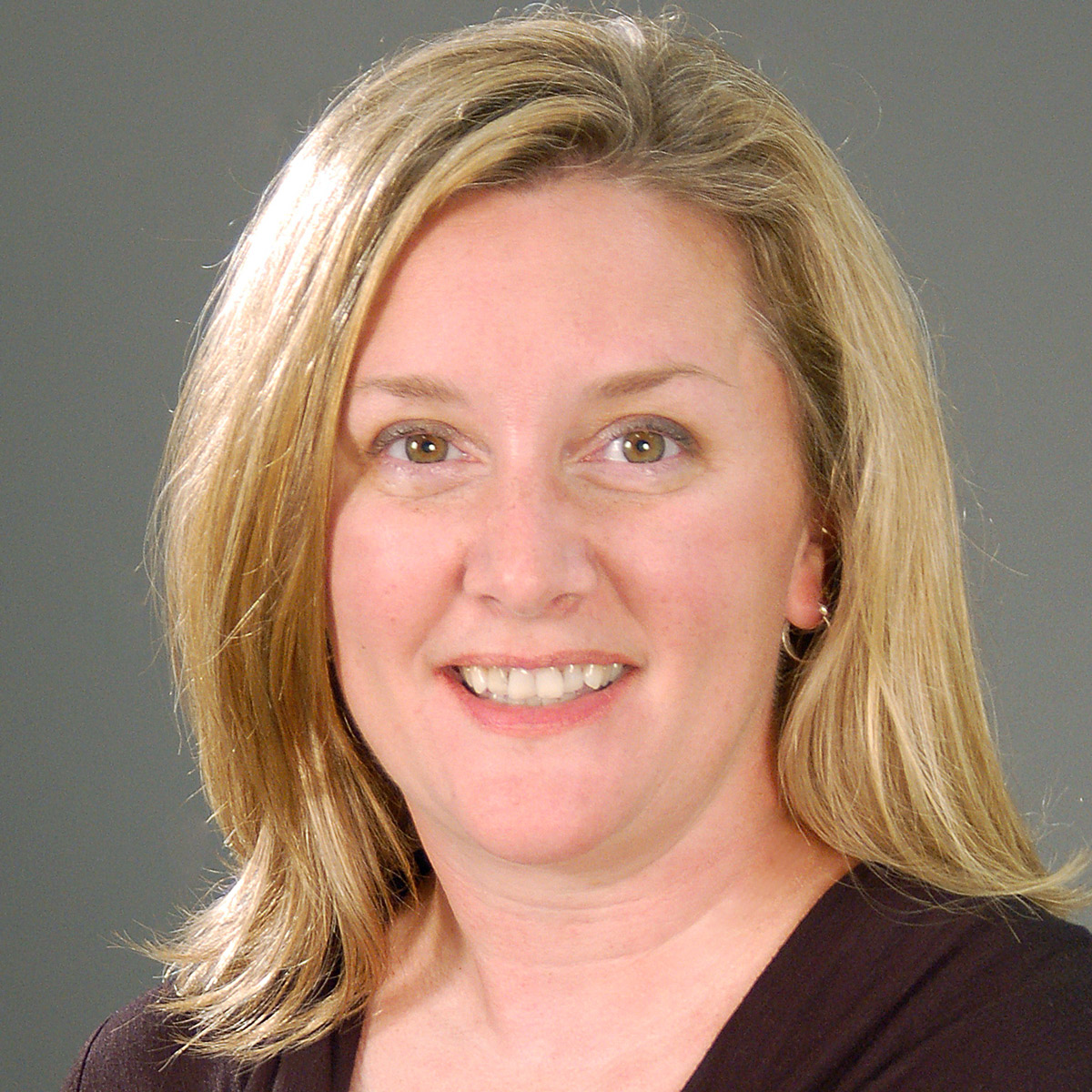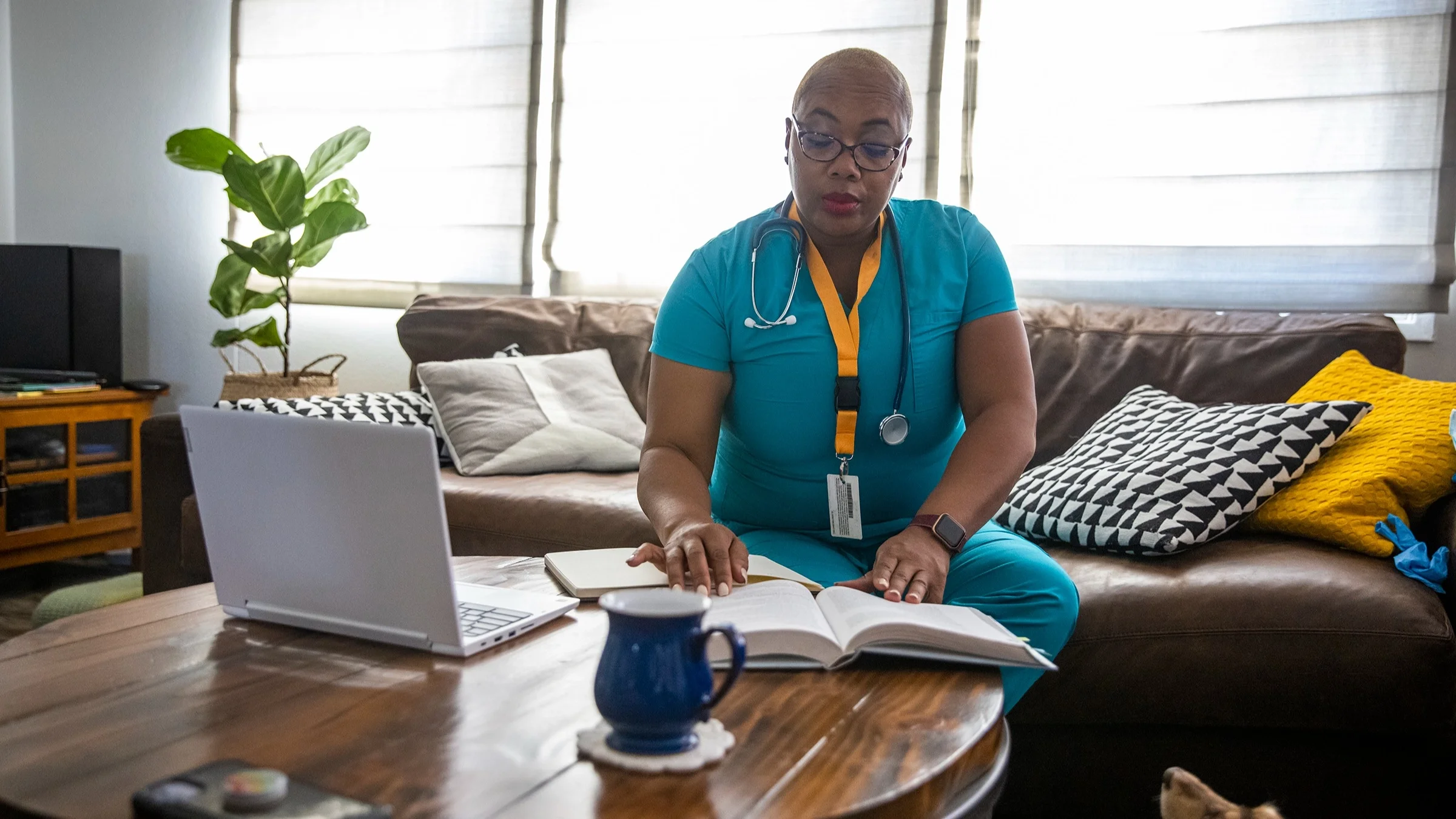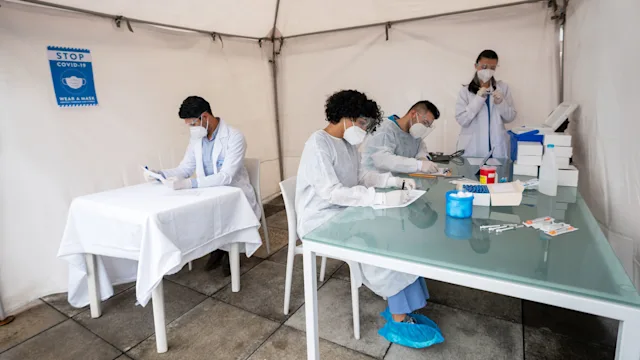Key takeaways:
Nursing is characterized by constantly changing techniques, guidelines, and technologies.
Nurses must be lifelong learners, who embrace continuing education.
Time is valuable for the practicing nurse. When you focus on developing essential skills, you can target areas that are critical for personal and career growth
In school, we learn that practicing nursing will require us to be lifelong learners. However, in a constantly changing field, it can be difficult to stay on top of evolving guidelines.
Research has shown that physicians tend to show a decline in their willingness to adopt new technologies and standards of care as they age. We can generalize this phenomenon to include nurses.
To avoid becoming stale in your practice, you’ll need to stay current. Let’s explore some skills and strategies to help in your professional development.
Essential skills for nurses
There is an abundance of resources available to help nurses continue their education. But time is valuable and choosing what opportunities to pursue can be overwhelming. For example, if you were to read only primary care journals, it would take you well over 600 hours each month.
Consider focusing on these essential nursing skills:
Adapting to and using technology: Prioritize technology, which changes and advances quickly, as part of your education. Technology includes not only equipment but also things like electronic medical record systems.
Developing critical thinking and reasoning: The ability to adapt to changing situations and unique patient presentations, while assessing and evaluating the whole picture, allows nurses to combine new information with previous situations to make complex decisions.
Communicating effectively: Learn to be an effective listener, as well as a good communicator.
Keeping up to date: Study new procedures and recognize areas where you may need to bolster your skills.
Preparing for the unexpected: Learn how to use coping skills to address job and life stressors.
Seeing the big picture: Rather than just focusing on a patient’s disease, consider how the patient and their family’s lifestyles, as well as their financial and social resources, impact decision-making and outcomes.
If you target these areas for continuing education, you will advance your skills in a meaningful way.
Strategies to stay current
With so many opportunities available to nurses seeking continuing education, one key strategy is identifying how you learn best. For example, are you more engaged when attending a conference or do you prefer reading at home? In addition, you’ll want to choose a learning environment that stimulates you intellectually, while tailoring learning toward specific areas of interest. You’ll feel more motivated by content that helps you pursue what you are passionate about.
Consider the following tips for obtaining current information:
Attend local and national educational meetings and conferences.
Join professional organizations.
Listen to podcasts to learn on the go.
Set aside time for learning — even taking 30 minutes once or twice a week to review a case or journal will advance your knowledge base.
Subscribe to publications tailored to your specialty and practice, including newsletters, journals, and journal clubs.
Talk to your colleagues, which will allow you to share knowledge as well as demonstrate your strengths.
Use a clinical decision support system, which uses data to help determine treatment protocol alerts and catch problems, like medication interactions, before they occur.
The bottom line

Why trust our experts?


Effective nursing practice requires continuous learning. Finding the time to fit continuing education into an already busy schedule can be stressful. But, by focusing on essential nursing skills and specialty areas, you can create a process for learning.
Recognizing your unique learning style will also help guide you in finding the most effective resources for quality information.














